Being in debt is an extremely stressful situation.
Student loan debts are on the rise compared to any other debt. While not historically the highest it has ever been, consumer debt relative to the gross domestic product (GDP) is still extremely high compared to historical rates.
For some people, this debt has become overwhelming.
People fall behind on payments. It just happens.
Sometimes it’s due to medical issues, a lost job, or unexpected events. And then suddenly their creditor is telling them that they have “charged off” their debt.
This term has left many consumers confused and leads them to ignore the debt altogether. But this could have consequences that reach far beyond the near future.
What Is Charge Off?
Charge off is a term that creditors and other financial institutions use to describe a debt that they think is unlikely to be collected. This term can apply to any type of debt including car loans, credit card debt, and student loans.
For example, if someone has a credit card balance and they do not pay on it for a long period, the creditor will “charge off” the account.
That means that in their accounting books, they do not plan on collecting that debt.
However, this does not mean that the debt is forgiven. The creditor has not given up on collecting the money.
When Does It Happen?
Accounts are charged off if a consumer has not paid on the account for an extended period of time.
This period will be different depending on what type of debt the person has.
Credit card debt generally gets charged off after 180 days or approximately six months.
Installment loans, such as those taken out to buy cars, have a shorter period.
These types of accounts usually become charged off after 120 days or 4 months.
Many people think that an account will not be charged off if they continue making payments, even if that amount does not meet the minimum monthly payment required.
Unfortunately, this is not true.
If full minimum monthly payments are not made, the account can still be charged off.
This may cause serious harm to your credit score.
Do I Have to Pay It Back?
When people learn that charged off means the creditor does not expect to collect, they think that means they no longer have to pay it back.
This could not be further from the truth.
When creditors say they don’t expect to collect on an account that does not mean they will not try.
They have an arsenal of tactics and methods to retrieve the money a consumer owes them.
When collecting on an unpaid account, creditors will usually try to obtain from you directly first.
They will most likely call and send you letters or emails.
After that, there are a few options.
The company could sell your debt to a collection agency or take you to court.
What to Expect
First and foremost, you will still have to pay this debt.
It takes a long time for shares to become “stale, ” and no longer collectible.
Most creditors will get you to court before that ever occurs.
The most common route that creditors take is to send your debt to a debt collecting agency.
The debt collectors then make it their business to make sure you pay.
They will call you, mail you letters, and try to work on payments with you. This can be a frustrating experience.
When dealing with debt collectors and creditors, there are a few ways you can get a little peace and still pay back your debt.
Often, they will happily work out a payment plan for your debts.
If you can pay off a significant amount of the debt in full, they will often reduce the debt.
So be sure to negotiate as much as you can.
If you have filed for bankruptcy due to financial issues, let your lawyer sort it out and have it discharged during the bankruptcy.
If you need a hand in figuring out how to pay back a debt, contact a debt relief agency that can help sort out your financial situation.
Also be aware of what collectors cannot do.
They cannot contact anyone outside of your lawyer or spouse about your debt.
They also cannot bother you at work if you ask them not to.
Collectors must not call at unreasonable hours and cannot swear at you.
They also cannot take protected funds such as disability, social security, or pensions.
If you feel a debt collector is acting unlawfully, tell them to stop, document the behavior, and file a complaint with the Federal Trade Commission.
As a debtor, you should never ignore the debt collectors. These companies can and will most likely take you to court. So ignoring them will not work in your favor should it end up in court.
Additionally, consumers should be aware that charged off accounts will affect their credit score significantly.
Charged off accounts remain on credit scores for seven years, even if they have been paid off.
What to Do
The best thing you can do with a charged off account is to pay off the remaining balance as quickly as possible.
This will prevent debt collectors or creditors from taking you to court and will also reduce any stress or anxiety.
In fact, working with the original creditor is far easier than dealing with a collection agency. So try to negotiate the charged off account before it has been sold to a debt collection agency.
As you are paying off the balance, make sure that every other item that affects your credit score is in good standing.
Keep your credit utilization low.
Do not take out new loans.
Be sure to make all other payments on time and pay at least the minimum monthly amount due.
If you are taken to court, be aware that the judge can order wage garnishment. So it is always better to avoid a court room if possible.
A charge off stays on your credit report for seven years from the date the account became delinquent.
If you had a good credit score before a charge off, it could drop your score by 100 points or more.
If your credit was already low, it may only drop your score 30 points.
Either way, a charge off is a detriment to your score. Unpaid charge offs can prevent you from receiving loans for a house or car.
There are, however, some ways to get the negative mark removed from your credit report.
But, it will take work and persistence so be prepared to invest some time.
If you are negotiating with the original creditor to reduce the debt for a lump sum payment, include the stipulation that they remove the negative credit status.
Lenders will often allow this to be included in the negotiation, which can help save your credit score.
Make sure always to obtain a written agreement for any negotiated sum. Without a written contract, the creditor has no obligation to follow through on their side of the deal.
If the debt has been sold to a debt collection agency, you will have two negative marks on your report. One from the original creditor and one from the collection agency.
This makes the situation a bit more complicated.
First, negotiate with the debt collection agency just as you would with the original creditor.
Work towards a lump sum lower payment and an agreement to remove the negative mark from your credit score.
Get the agreement in writing.
Then, send what is called goodwill letter.
This letter lets the creditor know that a payment plan has been worked out with the company it was sold to. It also gives you an opportunity to describe the circumstances that lead to the debt issue in the first place.
Include a copy of your agreement with the debt collection agency.
If you do not get a response, be persistent.
Make phone calls and send letters as needed.
Goodwill messages do not always work, but when they do they can significantly help your credit score.
Conclusion
Charge offs are not something anyone wants to deal with.
Consumers have to invest a lot of time and energy into taking care of them. As well as trying to recover a credit score that has been damaged by a charge off.
However, there is hope.
With a few steps and diligence, you can work through a charge off.

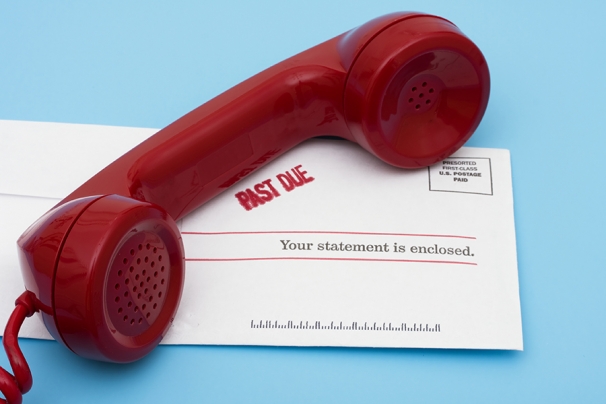
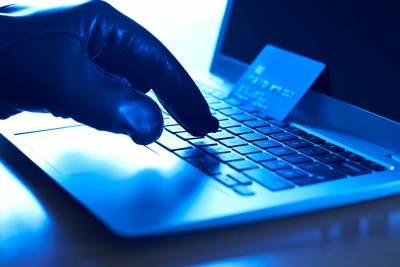
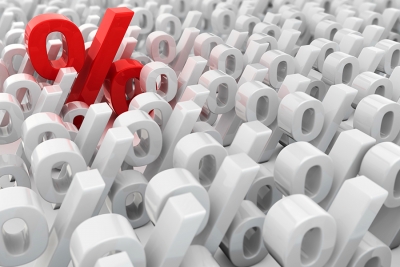

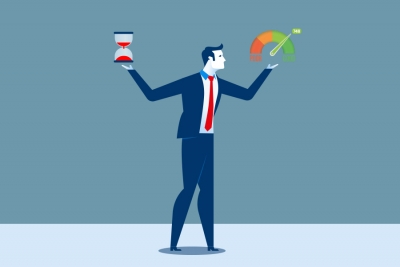
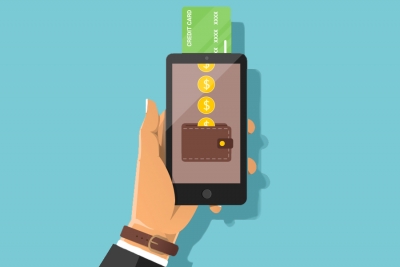


Leave A Comment